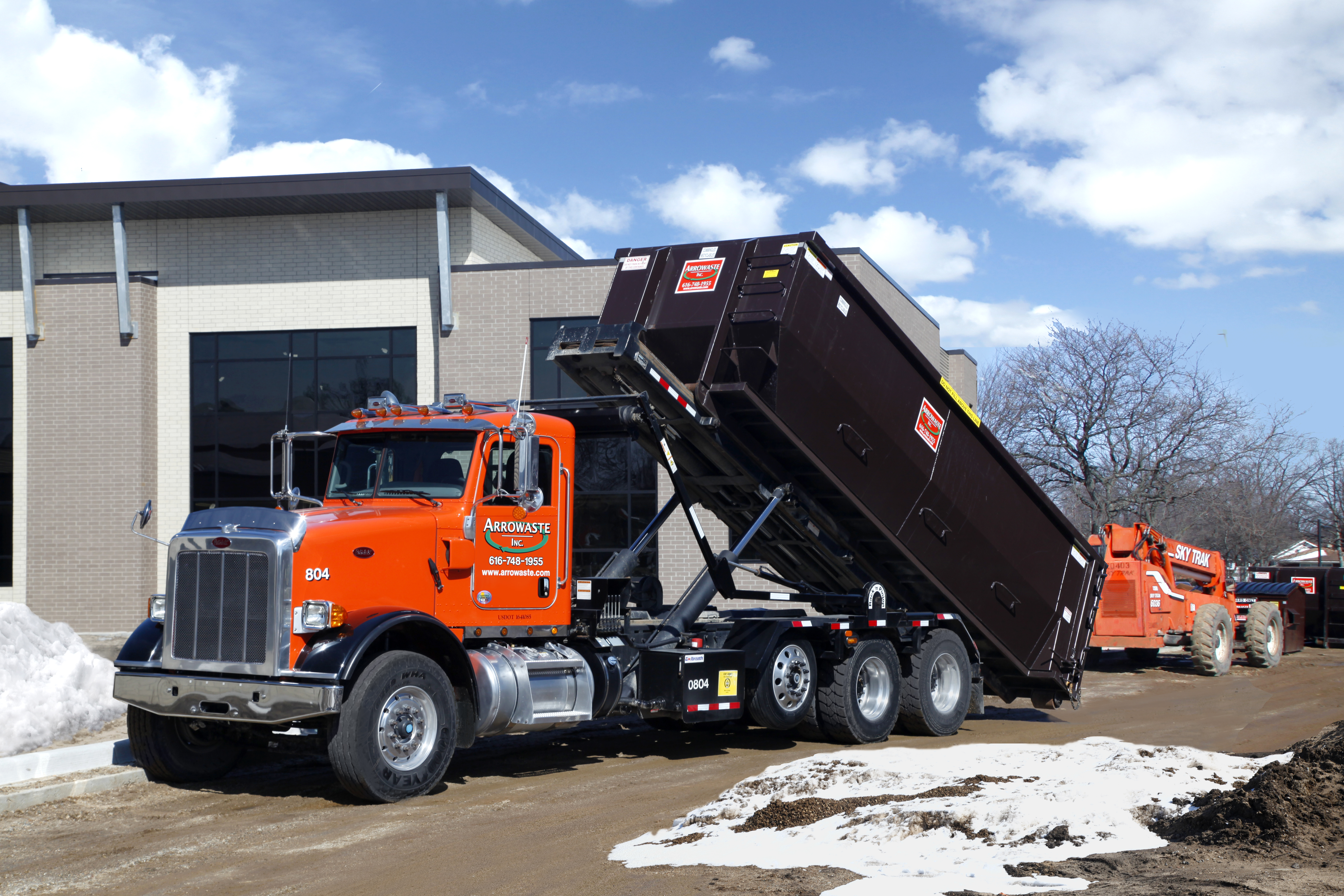Prior to you devote to renting a dumpster, there are important aspects you should think about to stay clear of prospective pitfalls and ensure an effective rental experience. From picking the appropriate dumpster size to abiding by regional policies and complying with garbage disposal standards, each step plays a crucial role in the process. By being educated and prepared, you can browse the intricacies of dumpster leasing with self-confidence and performance.
Dumpster Dimension Option
When selecting a dumpster size, consider the quantity of waste you need to get rid of and the room readily available on your home. It's important to precisely approximate the quantity of particles you'll be throwing out to ensure you choose a dumpster that can fit all of it. If landfill dump opt for a dimension that's also tiny, you might wind up needing multiple journeys to the garbage dump or added pick-ups, resulting in added expenses and hassle.
On the other hand, selecting a dumpster that's too huge for your needs can be a waste of cash and valuable room on your residential or commercial property.
To determine the right size, take stock of the kind and amount of products you'll be getting rid of. For little cleanouts or renovations, a 10-yard dumpster might be sufficient. For trash dumpster service near me like whole-home cleanouts or building and construction, you might need a 20 or 30-yard dumpster. By evaluating your waste volume and offered space, you can choose the proper dumpster dimension to successfully handle your cleanup needs.
Resident Rules Understanding
To make certain a smooth dumpster rental experience, it's necessary to understand local policies governing waste disposal in your location. Different cities and regions have particular regulations relating to where and how dumpsters can be positioned, what materials are enabled to be dealt with, and the required licenses for placing a dumpster on your residential or commercial property or the street. Failing to abide by these regulations can result in fines or various other fines, so it's critical to familiarize yourself with the local needs before reserving a dumpster.
Some locations may have constraints on the types of materials that can be dealt with in a dumpster, such as contaminated materials or electronic devices. Furthermore, there may be standards on the placement of the dumpster, such as range from property lines or ensuring it doesn't obstruct traffic or access to emergency situation solutions. Comprehending these regulations ahead of time will certainly assist you prevent any problems during your rental duration and make sure a hassle-free experience.
Make sure to get in touch with your local waste management authority or city authorities to get a clear understanding of the guidelines that put on your area.
Garbage Disposal Guidelines
Prior to you begin taking care of waste in the rented dumpster, it's vital to abide by particular standards to make sure correct and effective disposal.
First, segregate your waste into classifications such as recyclables, organic waste, and general garbage. This will make disposal simpler and much more eco-friendly.
Bear in mind any unsafe products that are prohibited from being unloaded in the dumpster, such as chemicals, batteries, or electronics. These items call for unique disposal approaches to avoid injury to the environment and public health.
Additionally, avoid overfilling the dumpster past its capacity limitation, as this can present security risks during transportation.
Recognize the weight restricts set by the rental business and avoid exceeding them to prevent additional fees or difficulties.
check it out that you understand the vital pointers for renting out a dumpster, you can with confidence book one for your task. Bear in mind to approximate the appropriate size, adhere to neighborhood policies, and adhere to garbage disposal guidelines to guarantee a smooth and cost-efficient experience. By being proactive and informed, you can maximize your dumpster rental and effectively handle your waste disposal requirements.
